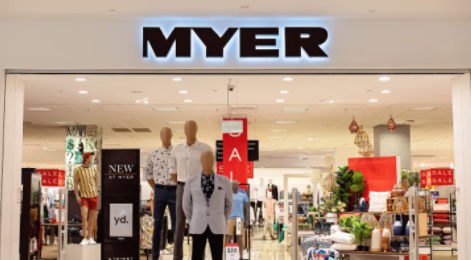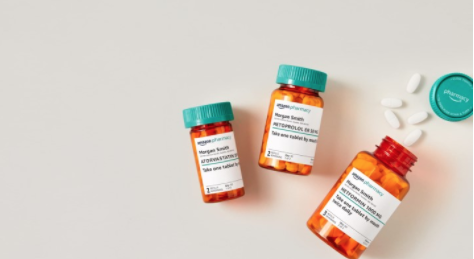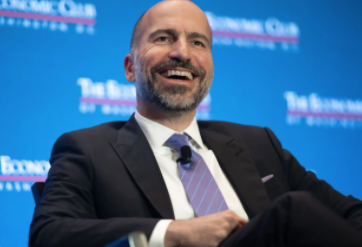
The heads of online furniture and homewares retailer Temple & Webster are confident the business can maintain its high growth rates throughout 2021 after the company reported a six-fold increase in profit for the half-year.
Earnings before interest, tax, depreciation and amortisation (EBITDA) jumped 556 per cent to $14.8 million for the six months to the end of December, the company said on Tuesday, as it continues to ride a COVID-induced surge in sales.
The number of active customers shopping at the e-tailer doubled over the half to 687,000 as did sales, up 118 per cent to $161.6 million, though this signified a slowdown from earlier in the half where revenue was up as much as 160 per cent.
However, chief financial officer Mark Tayler said he could see no obvious headwinds for the business through 2021, remaining optimistic that growth rates could stay high despite a cooling of COVID shopping appetites.
“There’s not a lot in front of us at the moment that’s telling us the year’s going to be really tricky,” he said. “Housing market data and some of the restrictions around travel should mean there’s a lot of demand locally.”
The business’ selection of homewares and furniture, especially office furniture, has been popular during the pandemic as many Australians spent most of their time at home and opted to shop largely online.
Shares in the retailer have boomed nearly 300 per cent since February last year thanks to its rapid growth. However, they fell 3.4 per cent on Tuesday as investors reacted to the slightly worse-than-expected figures.
Chief executive Mark Coulter said the business was now putting a focus on turning its revenue growth into more significant earnings that would allow Temple & Webster to invest more into areas of its business such as data, technology and further marketing.
The company is also looking out for future acquisition opportunities, though Mr Coulter said the company had no immediate plans to snap up any other companies.
Temple & Webster currently ships 75 per cent of its product from international suppliers, but it is looking to expand its higher-margin private-label range, investing $13 million in the segment over the half.
“At the moment private label is 25 per cent of sales and it could get to 30 per cent,” Mr Coulter said. “But the actual percentage will be determined at a subcategory level.”
Growth at the business has continued into the new year, with January revenue up over 100 per cent. Mr Coulter said the business would look to use some of its $85 million in cash to reinvest in the business to cement the company’s gains in market share.
RBC Markets analyst Tim Piper said the overall result was slightly below market expectations but noted the business’ investment into private label products seemed sensible. “We think Temple and Webster will continue to benefit from the significant acceleration in online penetration rates in the category,” he said.
Shares were down more than 4 per cent to $10.57 in late afternoon trading.










